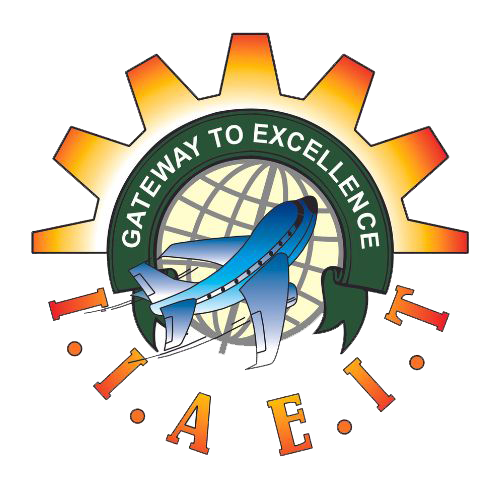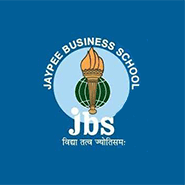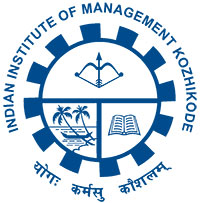The scope of Avionics not only encompasses the electronic systems installed on all Aerospace Vehicles, be it aircraft or spacecraft, but also ground-based surveillance and support systems. Avionics systems include Fly-By-Wire Flight Control Systems, Human Machine Interfaces, Navigation Systems, Communications Systems, Vehicle Health Management Systems, Sensors, Networking, Flight, and Air Traffic Management Systems. With Avionics Systems constituting almost forty percent of the overall aircraft cost, avionics is a multi-billion-dollar industry word wide and rapidly flourishing. The essence of Avionics is to design for Space Weight and Power constrained environments where safety criticality is the overriding factor. Resultantly, avionics engineering is applicable not only to airborne and space borne platforms but all autonomous systems where safety is paramount, self-driving cars being a prime example. Futuristic transportation systems like Urban Air Mobility and Unmanned Aerial Systems (UAS) will further enhance the scope of Avionics Engineering.
Specializations
Flight Control System
Digital Electronics, Communication & Computer systems
Human Machine Interfaces
Navigation Systems
Vehicle Health Management Systems
Programme Highlight
Practice Sessions
MOOCs / Industrial Certification
Design Projects & Investigatory projects
Field Projects
Analytics projects
Industrial Training
Research Paper Writing & Publication
What you will study ?
Aircraft Control and Guidance
Spacecraft Engineering
Avionics Systems
Navigation Engineering
Drone Technology (UAV’s)
Career in Avionics Engineering
After successful completion of this course, candidates can secure jobs in various government and private aviation industries, Airlines, Air Force, Corporate Research Companies, Defense Ministry, Helicopter Manufacturing, Drone Manufacturing, Aviation Companies, Research & Development in the field of Aviation & Space Exploration.
Avionics Engineers are required to install, maintain, and repair the increasingly complex electronic systems used in today’s aircraft & spacecraft’s. Candidates are often exposed to a challenging work environment and atmosphere where they can use their inherent capabilities to design and implement new technology that is improved and much refined in essence and quality. The course ensures stable income and is in need of skilled personnel that can provide aid into designing and development of new aviation technology and services that can further boost the sector and also become a contributing factor to the economy as a whole. Candidates can also seek jobs as software developers or engineers with reputed IT companies to design software’s and hardware components that may be useful to the aviation industry.





